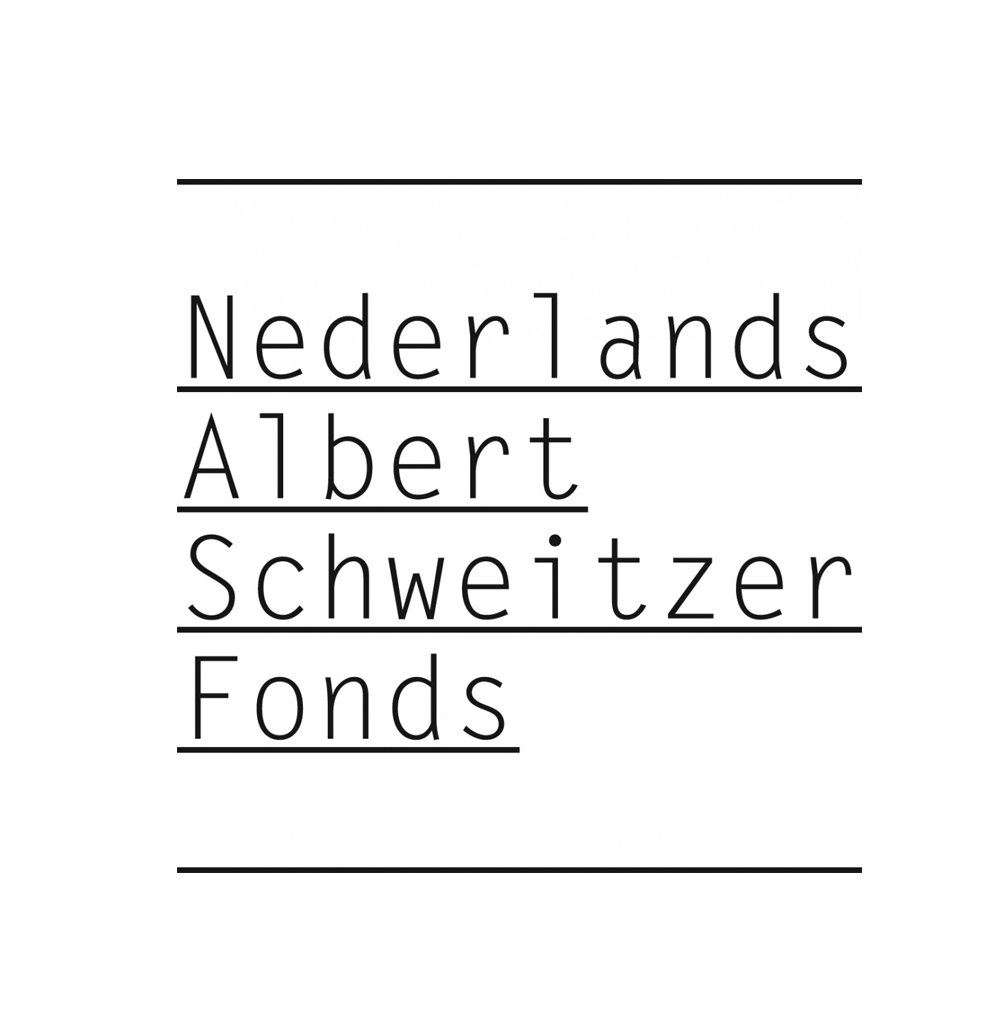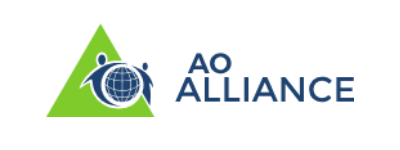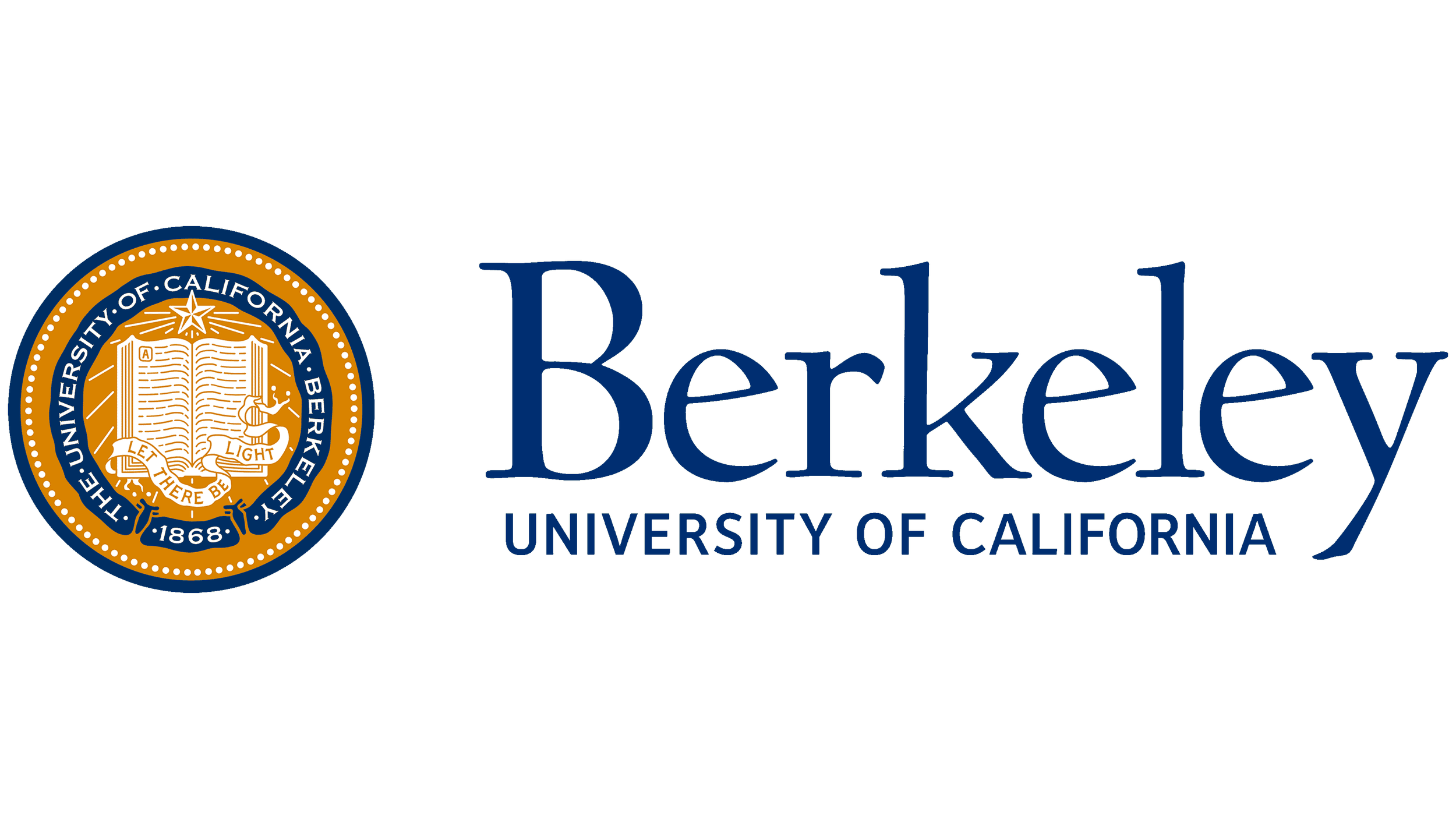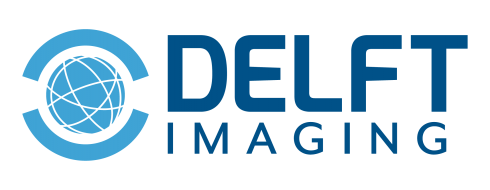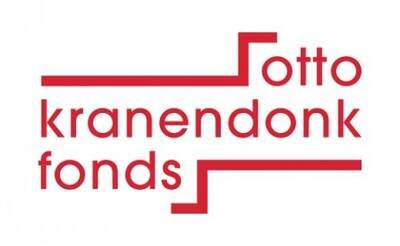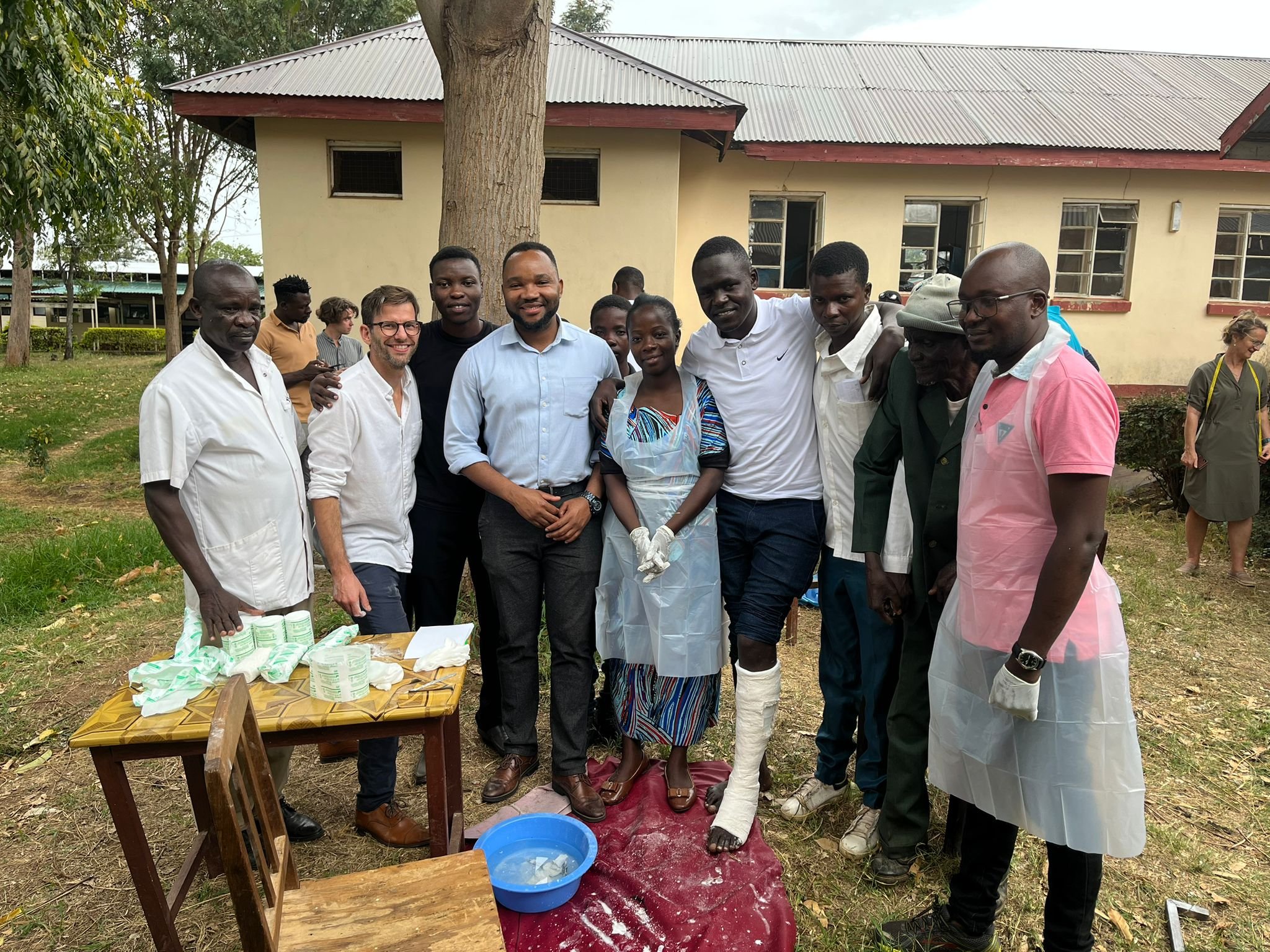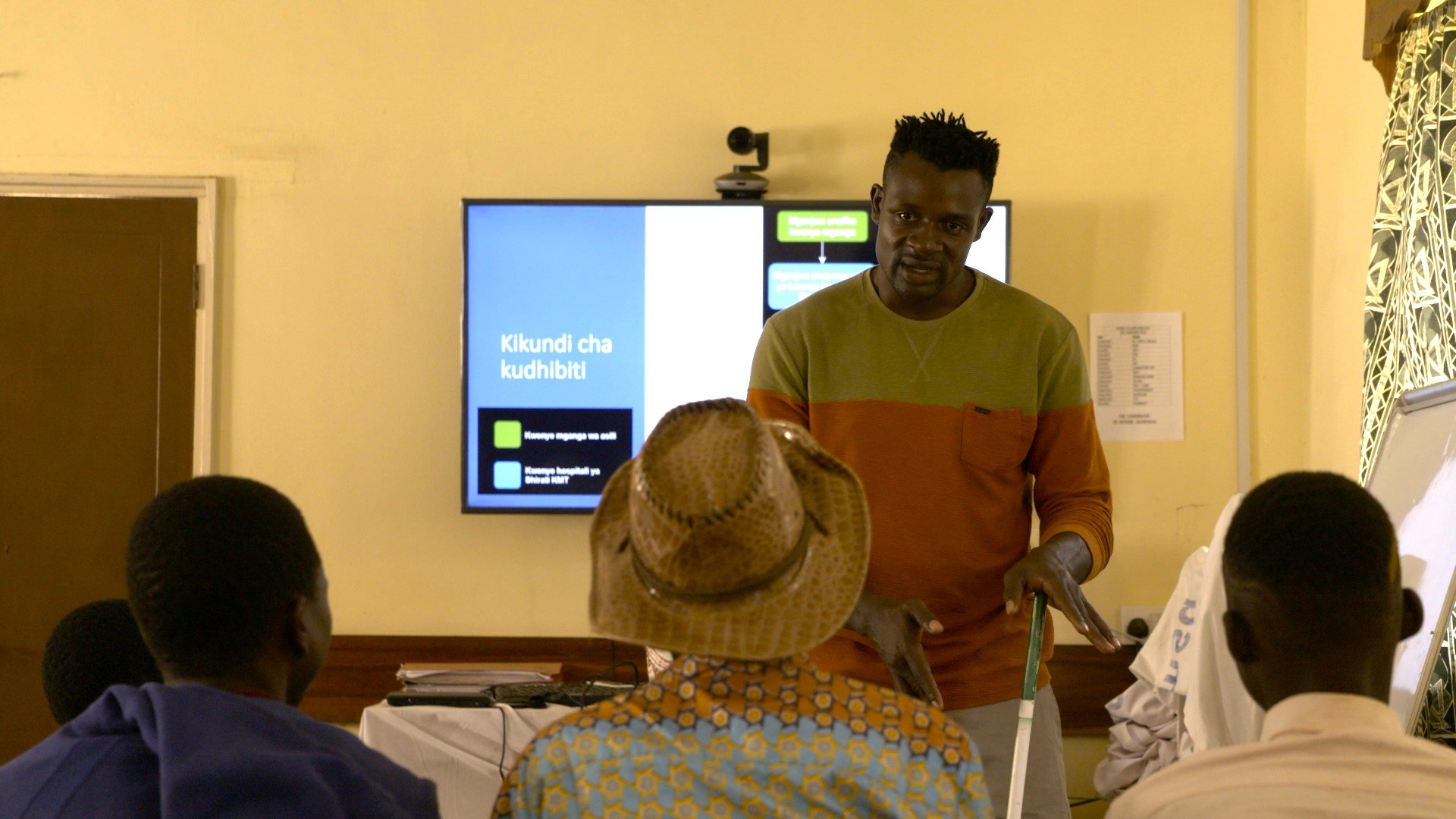
Building Bridges for Broken Bones
Treating extremity fracture patients in rural Tanzania
The Building Bridges for Broken Bones project aims to improve outcomes for fracture patients through strengthening the healthcare workforce, in those areas where access to orthopaedic care is severely lacking.
Each year over 50 million people are injured globally due to road traffic accidents
In Tanzania, an estimated
4 million injuries occurred in 2019
An estimated 90+% of the Northern Tanzanian population does not have access to orthopaedic surgical services
Our mission
Our project builds effective collaboration between traditional bonesetters and local hospital staff through a collaborative treatment model to treat extremity fracture patients, in the Rorya district, Tanzania.
Our impact
1,449
people screened
80
traditional bonesetters, community health workers, and surgeons trained
51
fracture patients reached
12
partners engaged
“Despite having no prior connection to GSF, they were open and serious about our ideas and immediately linked us up with experts from Harvard, who gave valuable input and motivated us to expand beyond our initial plans.
The access to the network that GSF has, turned our project from an idea into a full-fledged line of research. One that now also has financial backing from GSF, to ensure its realization.”
— Dr. Joost Binnerts, Shirati Foundation
Our approach
Through our sustainable model, we provide direct support to our local partners in implementing this project in Tanzania.
1. Literature review
The existing literature on intersectoral collaboration was systematically assessed, to serve as an inspiration for all other initiatives and prevent redundancy.
3. Understanding health-seeking behaviours
A household survey was launched to gather valuable insights into health-seeking behaviours and assess the burden of disease of extremity fractures and traditional bonesetter attendance. To conduct the survey, 16 women were trained and a total of 1’449 household members were screened in the Rorya district, Tanzania.
2. Establishing local support and readiness
A comprehensive needs assessment was conducted via a combination of focus group discussions and key informant interviews, to explore and establish support for a collaborative treatment model among the four main stakeholders: 9 fracture patients, 42 traditional bonesetters, 5 hospital staff and 3 local government officials.
4. Facilitating collaboration and building mutual trust
The “Basics in Trauma” course was especially designed to bring together hospital professionals and traditional bonesetters in spirit of collaboration and mutual trust. The course is the first of its kind in the East African region, inclusive of traditional bonesetters. The first iteration of the in-person course was hosted at Shirati KMT Hospital in October 2023, with a total of 18 participants, including traditional bonesetters, clinical officers, nurses, and physiotherapist from neighbouring regions.
5. Piloting the collaborative treatment model
The pilot is currently being implemented to assess the feasibility of a collaborative triage and treatment model to treat extremity fracture patients, involving three traditional bonesetters and Shirati KMT Hospital.
During my time here in Tanzania, I have grown more familiar with the practices of traditional bonesetters and their position in everyday society.
Visiting the local bonesetters and having conversations with their patients and other stakeholders illustrated the massive opportunities that lie before us for the improvement of fracture care in rural Tanzania.
— Nneka Buzugbe, MSc Student, Vrije Universiteit Amsterdam
About the project
The project was born from a collaboration between the Shirati Foundation, Global Surgery Amsterdam and the Shirati KMT Designated District Hospital. Since it’s conception, the GSF has supported the project’s development through access to its extensive network and became the project’s principal donor in January 2023. The project secured additional co-financing from the Otto Kranendonk Foundation and was awarded the Innovation Health Project Prize 2022 by the Nederlands Albert Schweitzer Fonds.
To support project activities, the project team woks in close collaboration with Shirati KMT Designated District Hospital as one of the primary sites. The University of California, Berkeley supports the household survey to estimate the burden of disease. Delft Imaging have donated use of the Delft Ultra, a portable X-ray imaging system, for use during the household survey to confirm extremity fractures. More recently, the AO Alliance joined the project as a programmatic partner, providing their extensive experience in enhancing local fracture care capacity for sustainable impact.
News and updates
Latest updates from the the Building Bridges for Broken Bones project.
Our project partners
We work with our local and international partners to deliver this locally led, locally driven project.
The Delft Ultra, a portable X-ray imaging system being used to confirm fractures.
A group picture with local hospital staff, traditional bonesetters and project team.
Mr Jovine Okoth conducting a focus group discussion with local bonesetters and fracture patients.
Mr Jovine Okoth providing training the survey team, consisting of sixteen local Tanzanian women.
Traditional bonesetters and hospital staff participating in the Casting workshop as part of the ‘Basics in Trauma’ course hosted at Shirati KMT Hospital.
A group picture with local bonesetters, Mr Jovine Okoth and Dr Joost Binnerts.
Our project team
Mrs. Nefti
Bempong-Ahun
Dr. Joost
Binnerts
Dr. Bwire
Chirangi
Ms. Annelise
Gill-Wiehl
Dr. Nkaina
Walter Harun
Mr. Jovine
Okoth
Dr. Thom
Hendriks
Let’s work together!
This project was made possible by SURGfund, the world’s first catalytic fund for surgical care.
Work with us today so that we can achieve even more together.
Contact: n.bempong@globalsurgeryfoundation.org
Sign up for our mailing list below to receive project updates.
